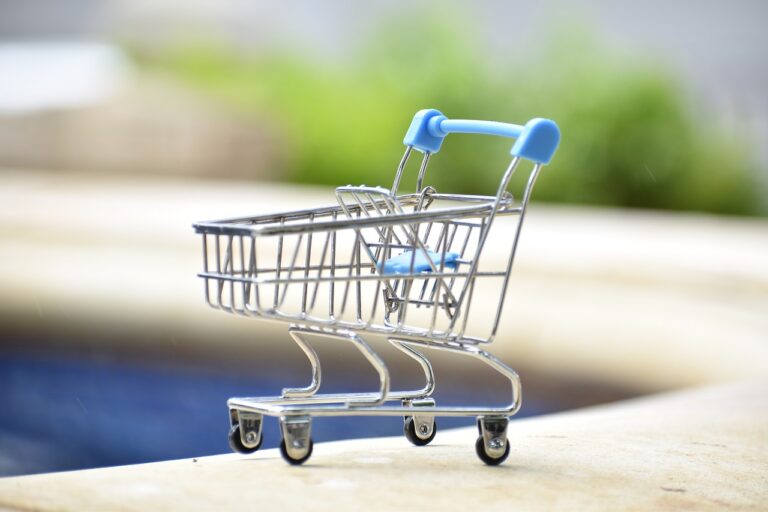Sustainable Packaging: Biodegradable Solutions for Brands
Traditional packaging poses several environmental challenges due to its non-biodegradable nature. Plastics, for instance, contribute significantly to landfills and ocean pollution. The excessive use of non-renewable resources in manufacturing traditional packaging also raises concerns about resource depletion and carbon emissions.
Furthermore, the disposal of traditional packaging often requires specialized recycling processes, leading to added costs and complexities in waste management systems. Inefficient recycling infrastructure in many regions further exacerbates the environmental impact of traditional packaging, as a significant amount of packaging materials end up in landfills or incinerators.
Benefits of Biodegradable Packaging
Biodegradable packaging offers a sustainable solution to the environmental issues caused by traditional packaging materials. By choosing biodegradable options, businesses can reduce their carbon footprint and contribute to a cleaner, healthier planet. These innovative materials break down naturally over time, minimizing the impact on the environment and reducing the amount of waste that ends up in landfills or oceans.
Moreover, biodegradable packaging helps to preserve natural resources by utilizing renewable materials such as plant-based plastics, paper, and compostable polymers. This resource-efficient approach not only benefits the environment but also appeals to environmentally conscious consumers who prioritize sustainability. By investing in biodegradable packaging, companies can demonstrate their commitment to eco-friendly practices and differentiate themselves in the market as responsible and ethical brands.
Types of Biodegradable Packaging Materials
Biodegradable packaging materials come in various forms, each offering unique benefits for environmentally conscious businesses. One popular option is biodegradable paper, which is sourced from sustainably managed forests and breaks down more easily compared to traditional paper products. Biodegradable plastics, derived from plant-based sources like corn starch or sugarcane, are another widely used alternative that minimizes reliance on fossil fuels and decreases the negative impact on ecosystems.
Furthermore, compostable packaging made from materials like polylactic acid (PLA) and bagasse offers a sustainable solution for disposing of waste without harming the environment. These materials break down efficiently in composting facilities, reducing landfill waste and greenhouse gas emissions in the process. By utilizing a combination of these biodegradable packaging materials, businesses can prioritize sustainability while maintaining the functionality and durability necessary for effective product packaging.





